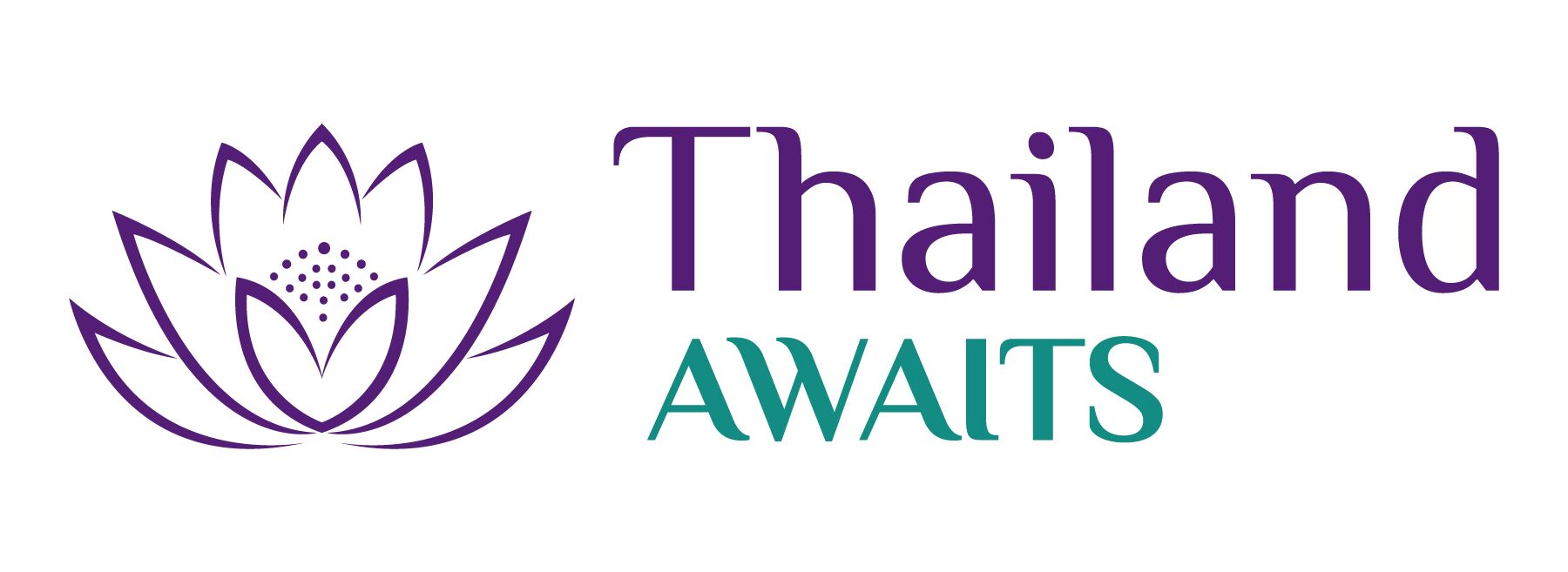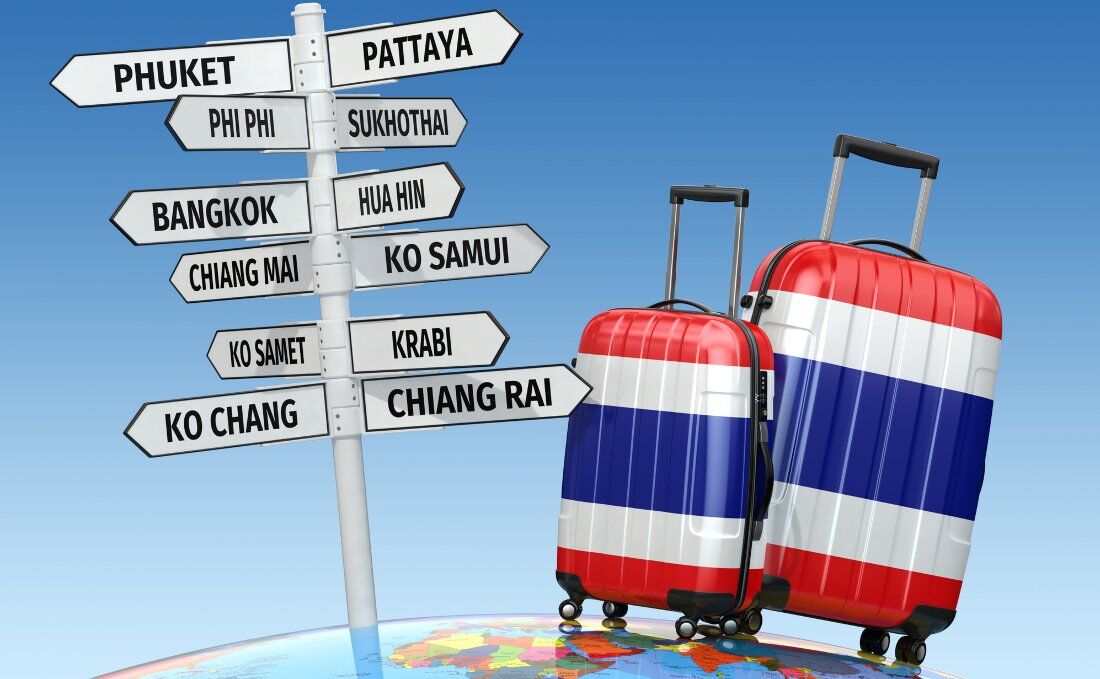We have created this list of things to know before going to Thailand to help you have a stress-free holiday!
Do you need a visa to visit Thailand? What about vaccinations? Can you drive in Thailand on your local license?
What do you need to know about withdrawing money? Well, we have answered all this and more and put them all to the test again just this month, so we know this is accurate.
This page contains affiliate links. Please see our disclosure policy for more details.
Passports and visas
In order to enter Thailand, your passport must be valid for at least six months after the day you plan to leave the country. You may be asked to provide proof of funds for your stay, but this is increasingly unlikely.
An automatic visa exemption for 30 day tourist visas is issued to passengers entering Thailand from 64 countries, including the Australia, New Zealand, the United States, United Kingdom and Singapore.
If you are coming for over 30 days or plan to work in Thailand, you will need to apply for a different visa. Visa applications will take at least a week and possibly much longer, so don’t leave it to the last minute. It’s also worth checking the list of Thai public holidays as their overseas offices also close on these days.
Customs regulations and airport taxes
Thailand charges a departure tax of 700 Baht, which is set to increase to 730 Baht from 1 April 2024. However, for most travellers, this is included in your ticket cost. If not, you may have to pay for it at the airport.
There are also maximum limits to the amount of alcohol, cigarettes, and currency you can bring into the country. Only 200 cigarettes and 1 litre of alcohol are permitted for each adult. For other limits, please check the official site.
Time zones
Thailand has only one time zone, known as Indochina time, and does not observe daylight saving time. The official time is UTC+07:00.
Money in Thailand
The official currency of Thailand is the Thai Baht (THB). One baht (฿) is divided into 100 satangs.
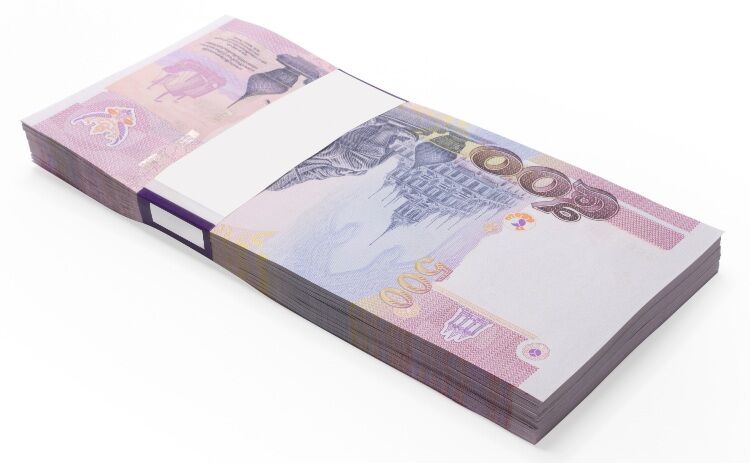
Notes in use are ฿20, ฿50, ฿100, ฿500, ฿1000.
Each denomination is a different colour ฿20, (green), ฿50 (blue), ฿100 (red), ฿500, (purple), ฿1000 (brown).
Using ATMs in Thailand
First-time visitors to Thailand often worry about how they will withdraw money from ATMs in Thailand accept Visa, MasterCard, Maestro, and Cirrus cards.
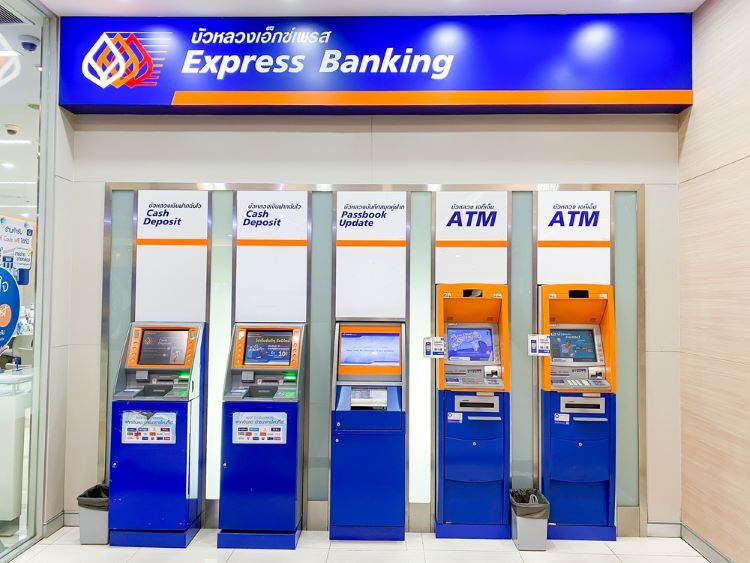
One thing that surprises most visitors to Thailand is the high fees charged by Thai ATMs. Regardless of the bank you use, there is a standard charge of approx 220฿ fee when you use an ATM to withdraw cash for your credit, debit, or travel card.
There used to be ATMs offering cheaper or even no fees (HSBC) however, these have all disappeared. The best way to beat the high fees is to reduce the number of times you withdraw money.
You might reduce fees by checking if your bank has a reciprocal banking arrangement with a Thai bank.
Always choose Thai Baht and never your own currency at the ATM or when making purchases using your credit card. It is always a better deal.
However, there are maximum withdrawals per day. In our experience, Citibank has the highest limits (50,000฿) and CIMB Bank (30,000฿). I am sure there are a few others, but these are the ones we use.
Read our complete article on Money and buying things in Thailand – Cash or Card.
Tipping in Thailand
Tipping in Thailand is not required, but it is much appreciated. A small tip for good service can make a big difference to the low incomes some local service workers earn.
Tip between 5-10% for restaurants and bars and for taxis round up the bill. For tuk tuks and private drivers agree on a price first – no tip is required.
Tips are often given for massages and beauty services (฿50-100), housekeeping, and room service (฿10-50). For tour guides, tip ฿10-50 for a half-day, and ฿100 for a full day.
Driving in Thailand
While you may have heard that you can get sometimes get away using a driver’s license from your home country when you travel in Thailand, all drivers are required to hold an International Driving Permit. Please don’t risk not getting one. If you are involved in an accident this will be more trouble than it is worth.
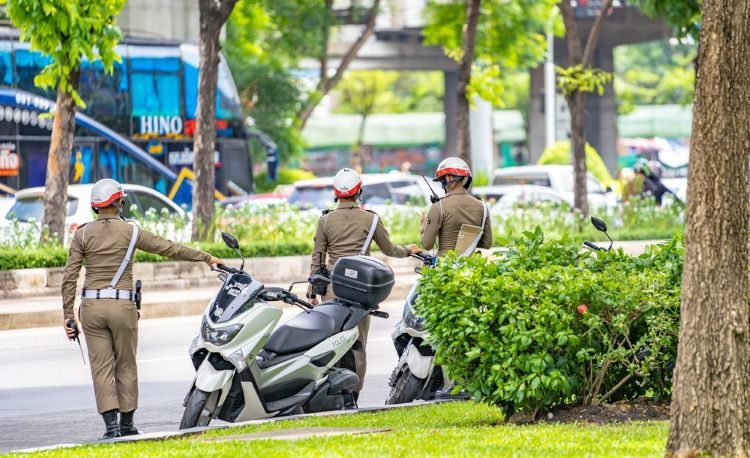
If you are caught without one, you may be fined (฿500). We were pulled over three times on our recent trip to Phuket in a rental car. Each time a big smile and enthusiastic sawasdee ka got us waved on without our licence checked. Be respectful and friendly for the best result.
Motorbike and scooter riders seem to get tougher treatment and more fines.
When you rent a vehicle, you may be asked to leave your passport. You should decline and offer a copy instead. If they refuse it, choose another rental office.
See our guide to renting a motorcycle in Chiang Mai that offers tips relevant across the country.
SIM cards and Public Wi-fi
Staying connected while travelling in Thailand is easy. Free public wifi is available all over the county in cafes, restaurants, and bars. Buying a local sim card is also easy and very affordable.
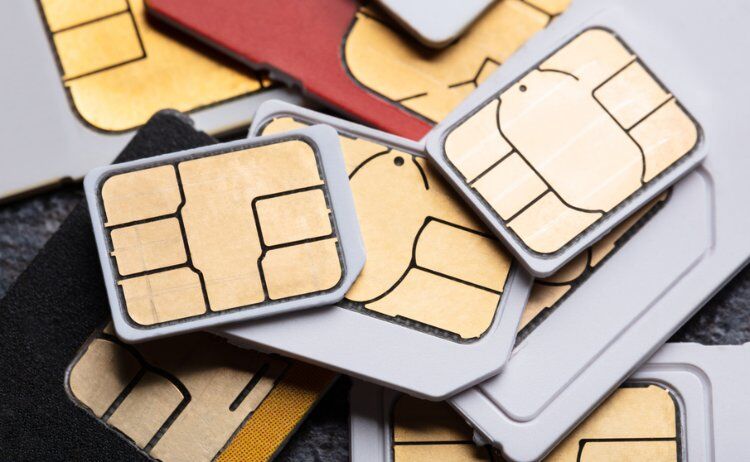
Of the brands available in Thailand, AIS is the largest and has the biggest network. They offer both a physical sim and an e-sim which you can buy online. Their 30-day traveller e-sim offers 500GB of data and 2 weeks of unlimited use of most social networks, including WhatsApp.
Buying a prepaid sim card on arrival in Thailand is easy. You’ll see telcos shops in the major airports and also in 7-Eleven and Family Mart stores. It’s also possible to pre-purchase a SIM or even an e-SIM.
For our latest trip, we used Airalo which worked perfectly but was not the cheapest option for heavy users. However, if you are visiting several parts of Asia or staying for a long time they offer a regional e-sim that covers 14 countries and is valid for 30, 60 or 90 days. These regional cards make taking your sim card cross borders hassle free and offer excellent value.
Do you need a travel adaptor for Thailand?
Thailand operates on standard 230 voltage and the standard frequency is 50 Hz. Depending on where you are travelling from, you may need to purchase a travel adapter.
Travellers from the USA, Canada, and Japan should check their devices to check which voltage they work on. Australians and travellers from the Eu and the UK will not need a voltage converter for their electronics. If you’re from somewhere else, check this list to be sure.
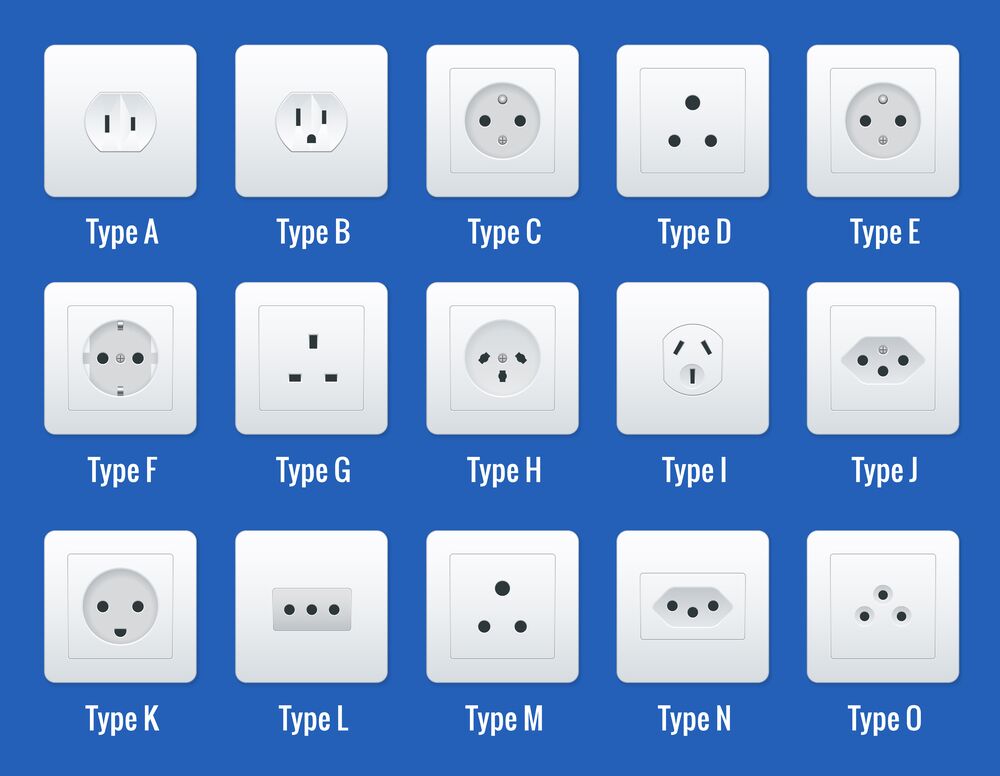
Thailand accepts multiple electrical sockets, including:
- 2 vertical pins (Type A)
- 2 round pins (Type C & F)
- 2 vertical pins with an earth pin (Type B)
Which system of weights & measures does Thailand use?
Thailand uses the metric system, so kilograms and grams not pounds and ounces, kilometres rather than miles, as well as the Celsius (rather than Fahrenheit) temperature scale.
Are vaccinations required to visit Thailand?
You do not need any specific vaccinations to visit Thailand. However, speak to your doctor about what might be best for your health.
We think being up to date with your tetanus booster is a good idea. Many people also opt for Hepatitis A and B vaccines. If you do not have a current Covid vaccination certificate, you will need to provide a negative PCR test.
Can you drink tap water in Thailand?
It is not safe to drink tap water in Thailand. You will find most accommodation, even budget hotels include at least 2 free bottles of water in your room. Water from stalls and shops costs about 10 baht.
Planning a Thai adventure? Join our friendly Facebook community Thailand Awaits: Trip Planning for Beginners. Get expert advice from locals and experienced travellers, ask your questions, and discover how to make the most of your journey through Thailand.
